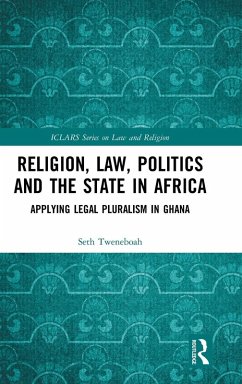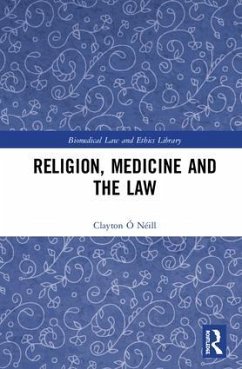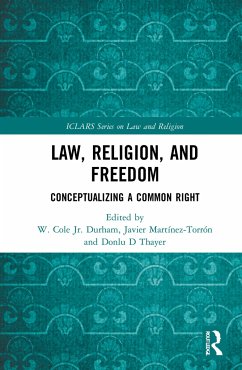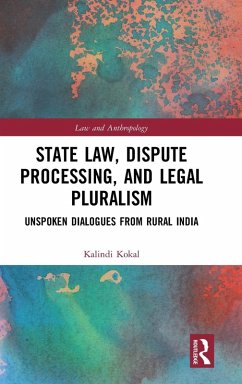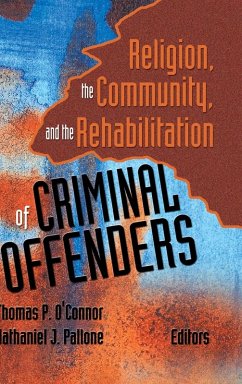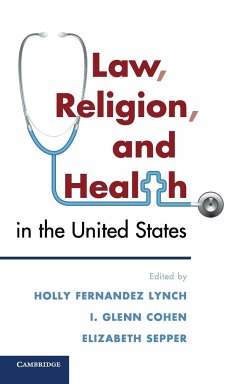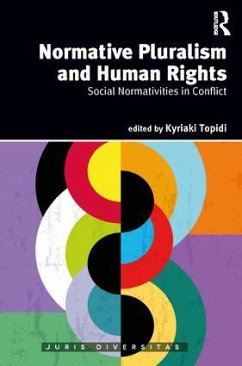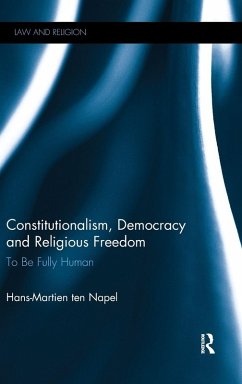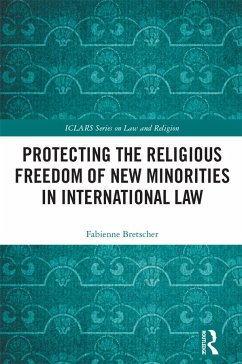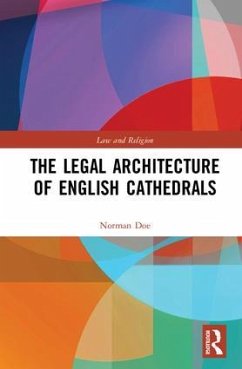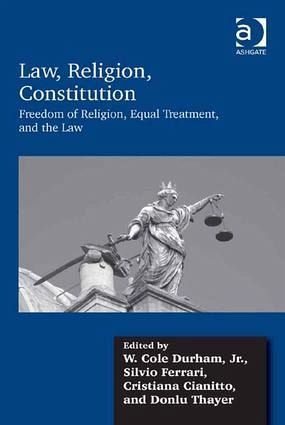
Law, Religion, Constitution
Freedom of Religion, Equal Treatment, and the Law
Versandkostenfrei!
Versandfertig in 1-2 Wochen
182,99 €
inkl. MwSt.
Weitere Ausgaben:

PAYBACK Punkte
91 °P sammeln!
What is the place assigned to religion in the constitutions of contemporary States? What role is religion expected to perform in the fields that are the object of constitutional regulation? Is separation of religion and politics a necessary precondition for democracy and the rule of law? These questions are addressed in this book through an analysis of the constitutional texts that are in force in different parts of the world. Constitutions are at the centre of almost all contemporary legal systems and provide the principles and values that inspire the action of the national law-makers. After ...
What is the place assigned to religion in the constitutions of contemporary States? What role is religion expected to perform in the fields that are the object of constitutional regulation? Is separation of religion and politics a necessary precondition for democracy and the rule of law? These questions are addressed in this book through an analysis of the constitutional texts that are in force in different parts of the world. Constitutions are at the centre of almost all contemporary legal systems and provide the principles and values that inspire the action of the national law-makers. After a discussion of some topics that are central to the constitutional regulation of religion, the book considers a number of national systems covering countries with a variety of religious and cultural backgrounds. The final section of the book is devoted to the discussion of the constitutional regulation of some particularly controversial issues, such as religious education, the relation between freedom of speech and freedom of religion, abortion, and freedom of conscience.





